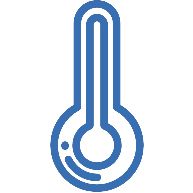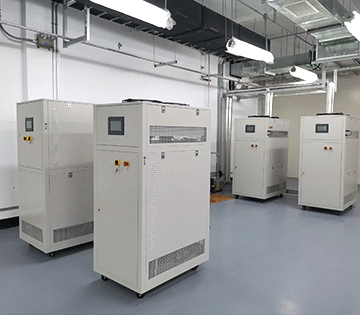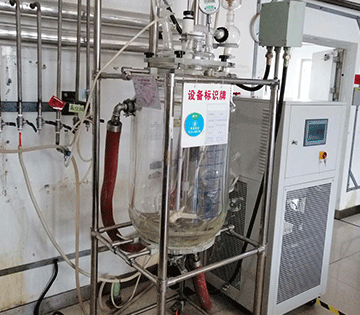TUTTI i modelli di refrigeratori a ricircolo
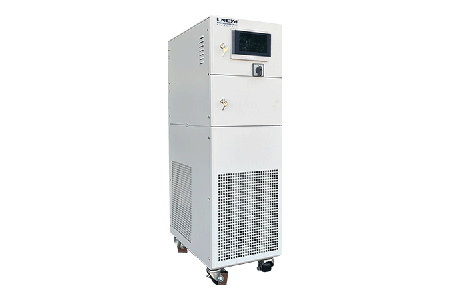
LT 10℃~30℃
macchina refrigerante
capacità di raffreddamento 3kW~14kW
flusso della pompa di circolazione 30L/min 1,6bar~50L/min 2bar
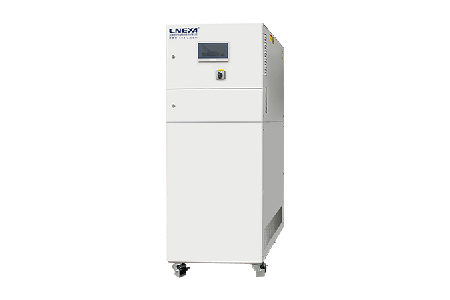
LT -25℃~30℃
circolatori di raffreddamento
capacità di raffreddamento 1kW~5kW
Portata della pompa di circolazione 30L/min 1,6bar
temperature accuracy ±0.5℃
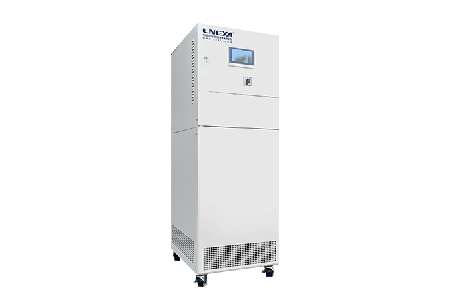
LT -45℃~30℃
refrigeratori di precisione
capacità di raffreddamento 0,7kW~4,8kW
Portata della pompa di circolazione 30L/min 1,6bar
temperature accuracy ±0.5℃

LT -60℃~-30℃
circolatori refrigerati
capacità di raffreddamento 0,7kW~4,8kW
Portata della pompa di circolazione 30L/min 1,6bar
temperature accuracy ±0.5℃

LT -80℃~-40℃
refrigeratori a ciclo chiuso
capacità di raffreddamento 0,4kW~2,5kW
Portata della pompa di circolazione 30L/min 1,6bar
temperature accuracy ±0.5℃

LT-800 -18~30℃
mini refrigeratore
capacità di raffreddamento 0,35kW~0,9kW
Flusso della pompa di circolazione 10L/min 0,6bar
 Refrigeratori industriali LNEYA Produttore Fornitore
Refrigeratori industriali LNEYA Produttore Fornitore












